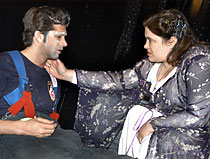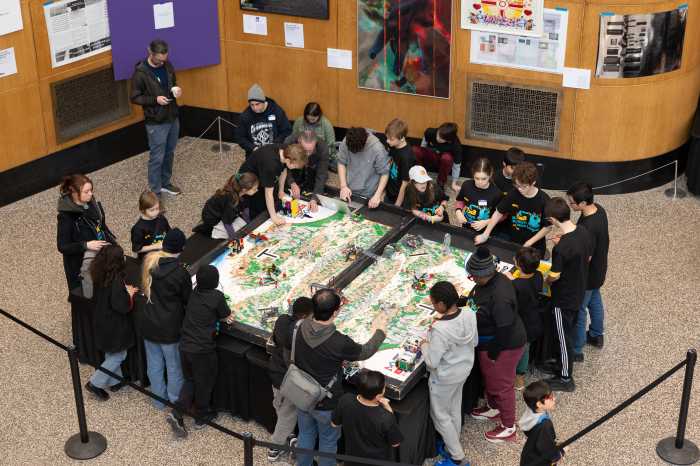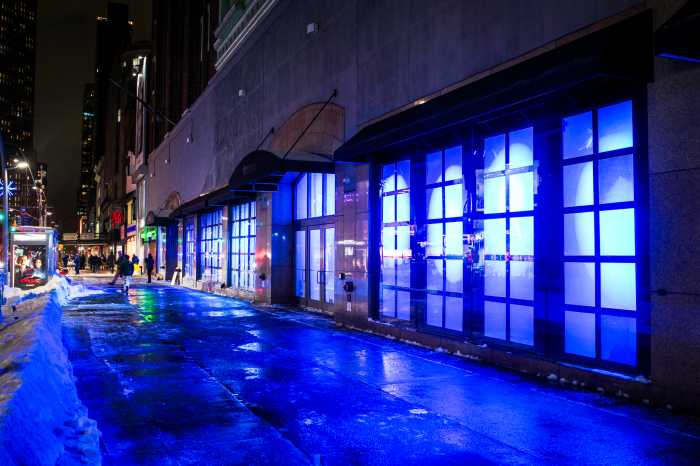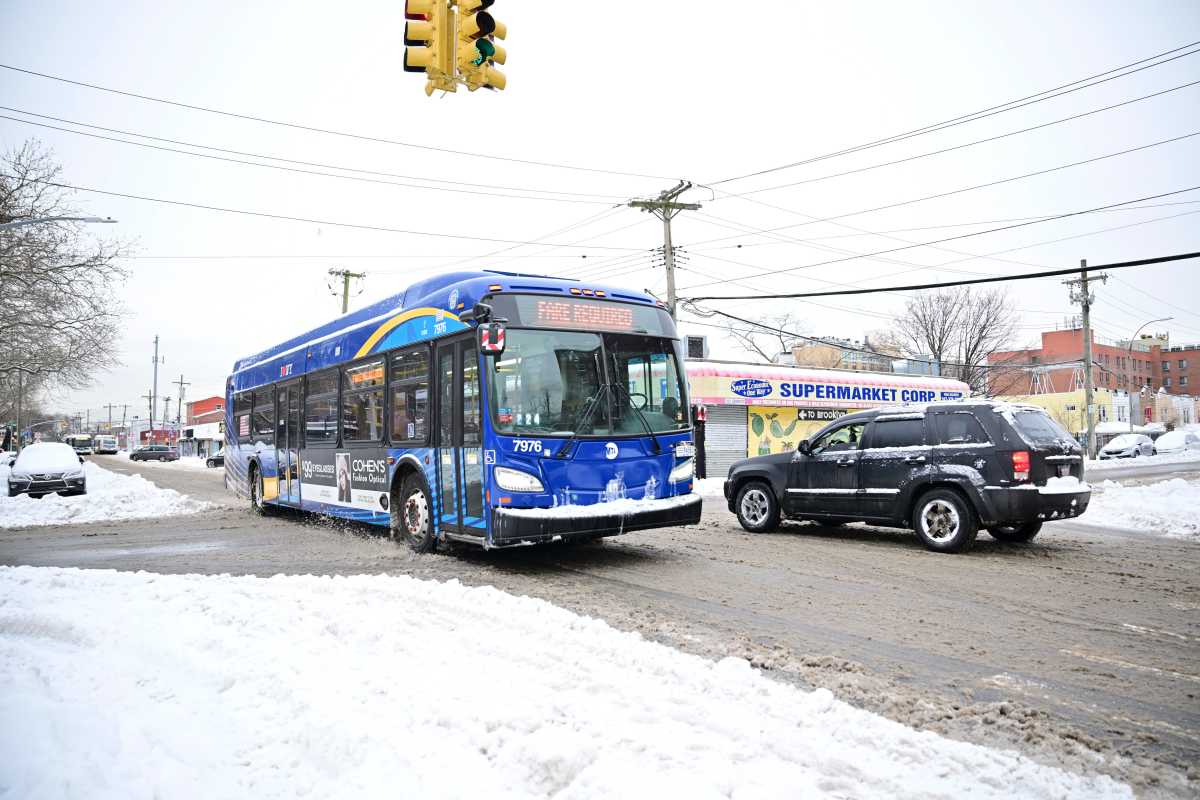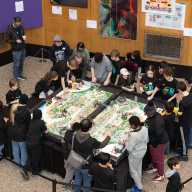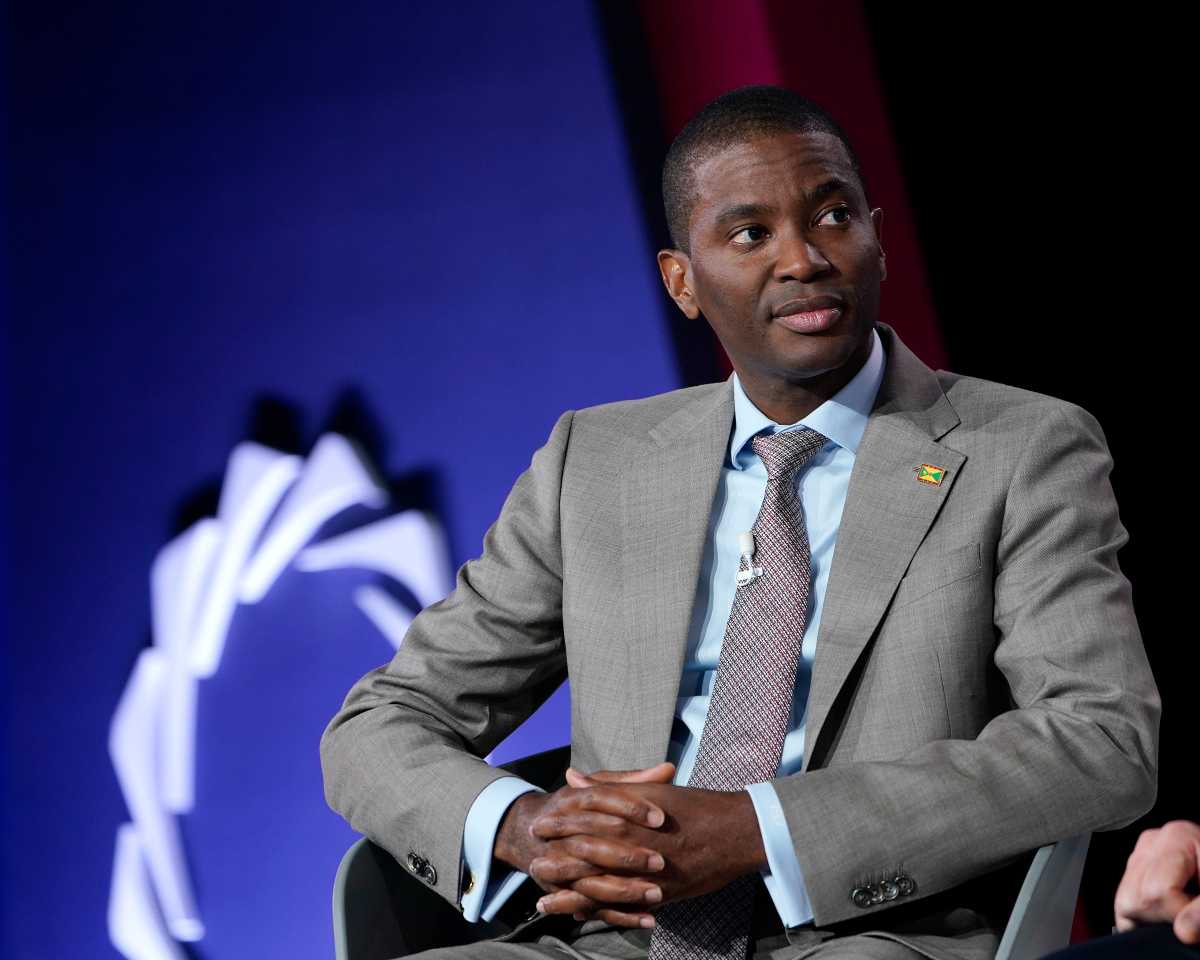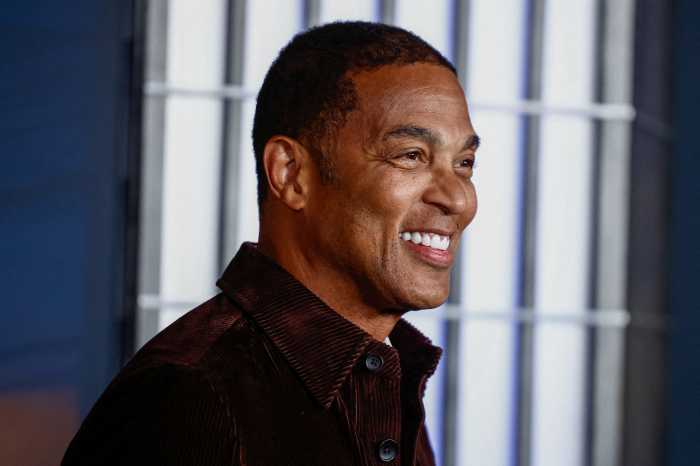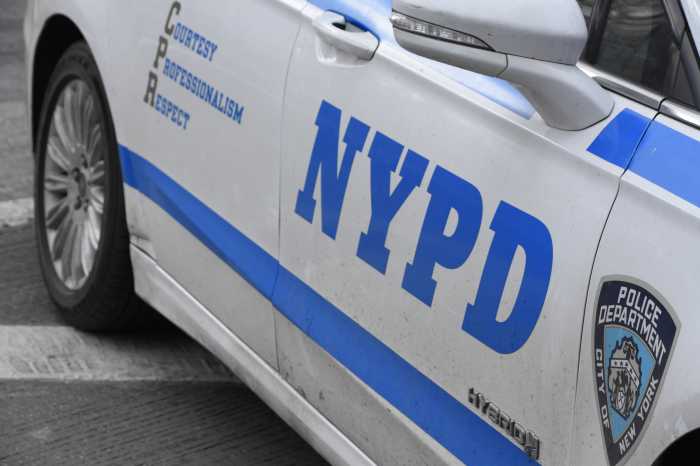In 1911, 146 immigrant workers died in
the Triangle Shirtwaist Company fire because the owners kept
the doors locked and the lone fire escape buckled under the weight
of the fleeing girls.
In 1912, 1,500 men and women lost their lives when the Titanic
hit an iceberg and sank because the owners of the cruise line
had skimped on construction, the captain refused to reduce the
ship’s speed despite warnings of treacherous waters, and proper
safety precautions had never been put in place.
In 1941, 2,403 military personnel and civilians were killed when
the Japanese launched a sneak attack on Pearl Harbor.
Yet none of these events seems to have had the psychological
and emotional impact of Sept. 11, 2001 – the fear, the anger,
and the conviction that nothing will ever be the same again.
One way of dealing with this emotional overload is by creating
heroes and villains, something that’s done extraordinarily well
through propaganda.
From serious drama, we have the right to expect something better.
"The Fallen 9/11," a new play by Park Slope resident
Robert Marese, now at the Producers Club Grand Theater in Manhattan,
begins with a 9/11 survivor, Michael Sinclair (Kent Giltz), visiting
the grave of his hero, firefighter Terry Rourke (Timothy Davis).
Sinclair is accompanied by St. Barbara (Heather McHugh), who
warbles "Where were you the day the angels cried, the day
our innocence died?" (The lyrics to "Where Were You"
were written by Marese and McHugh, to music composed by Bronwen
Coleman.)
It’s not a bad song, and the event was certainly sorrowful, but
this reviewer would like to know why the angels only cried on
this particular date and how these heavenly beings decide whether
or not a tragedy is worthy of tears – let’s say the death of
Americans versus the death of Sudanese.
Be that as it may, that saccharine moment passes and the action
soon shifts to Sept. 11, and the rest of the play is told as
a flashback. Sinclair is trapped under fallen concrete and suffers
from a concussion and a smashed leg. Although he is enduring
excruciating pain, he manages to remark when Rourke arrives,
"It must be almost impossible for you to negotiate your
way through all this debris" – a sentence many people might
have trouble enunciating under the best of circumstances.
The rest of the play continues with a mind-boggling assortment
of platitudes. Here’s an inadequate taste: "Maybe you need
a reality check," "Youth is truly wasted on the young,"
"You are who you are and there’s no turning back,"
and "I’m too busy playing the game."
The problem is Marese is so busy writing a eulogy to the fallen
firemen he forgets that good plays are character driven. And
good characters are real people who stand out as individuals,
not generic heroes.
In place of character and plot, Marese gives the audience a play-length
"reach out and touch" moment. Sinclair and Rourke exchange
confidences. They talk about their families: Rourke is happily
married and devoted to his wife and children; Sinclair is stuck
in an apparently loveless marriage. They examine their ideals
(in Sinclair’s case his lack thereof). They find out that they
were both raised in Brooklyn. But nothing is ever explored in
any depth.
Under Rourke’s tutelage, Sinclair comes to realize that he needs
to make a change in his empty life, dedicated to the pursuit
of material goods. The noble Rourke learns how to – well, let’s
not give away the ending in case anyone actually decides to see
this one.
Dunsten J. Cormack, who directs the play, makes a heroic attempt
to give it some meaningful action. He has Rourke (who has already
said there’s no way out and he will just have to wait with Sinclair
until help arrives) checking various spots here and there on
the stage with his flashlight and trying manfully to lift heavy
slabs. It’s never clear exactly what he’s trying to do, other
than give the audience something to watch.
As Rourke, Davis – who is a good actor – struggles with his ridiculous
material, but is defeated by it in the end. He may be the true
tragic figure in the play. As for Giltz as Sinclair, he has about
three modes – angry, pained and remorseful. He sounds best when
he just keeps quiet.
Marese has written in a surprise ending that would make even
the most ardent supporter of deus ex machina blush. If the surprise
is not entirely unexpected, however, it certainly is welcome
– mostly because it signals the end of the play.
The nicest thing about "The Fallen 9/11" is that all
profits from the production will be donated to the Uniformed
Firefighters Association Widows and Children’s Fund. But there
certainly must be better ways to collect money for a good cause.
Grendel Productions’ "The Fallen
9/11" plays through Oct. 3 (Saturday at 8 pm and Sunday
at 3 pm) at the Producers Club Grand Theater (358 W. 44th St.
at Eighth Avenue in Manhattan). Tickets are $25, $15 students.
For tickets, call (212) 352-3101 or visit www.theatermania.com.
All profits will be donated to the Uniformed Firefighters Association
Widows and Children’s Fund.


